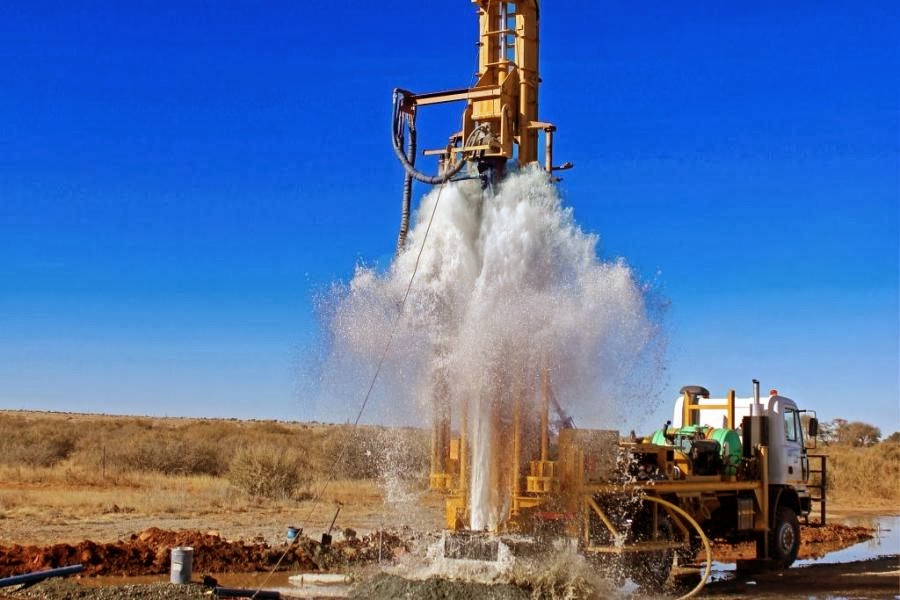Staff Reporter
In response to the worsening water crisis driven by the El Niño drought, UNICEF has partnered with the Government to improve access to safe water, sanitation, and hygiene services across the country.
This collaboration comes at a critical time, as water shortages have significantly increased the risk of waterborne diseases and malnutrition, particularly among children.
Speaking at a press conference in Harare today, UNICEF Zimbabwe Representative, Etona Ekole emphasised the gravity of the situation, noting that access to safe water remains a significant challenge for many Zimbabwean communities.
"Water scarcity increases the risk of waterborne diseases and malnutrition among children," Ekole said.
She highlighted that while 81% of rural communities have improved access to water, the struggle to secure safe water within a reasonable distance from home remains dire, with many households facing long journeys for water.
According to Ekole, the impact of the water shortage is being deeply felt, especially in areas like Matabeleland South Province, where livestock deaths due to lack of water have devastated local economies.
Ekole explained that the lack of water has far-reaching consequences, saying, "Families struggle to afford education and health services when faced with such dire conditions."
In a bid to alleviate the crisis, UNICEF and the Government have rehabilitated and drilled over 6 000 boreholes nationwide.
Tariro Mavi, a WASH (Water, Sanitation, and Hygiene) specialist, underscored the importance of these efforts, stressing, "Our response cannot be limited to providing food assistance. By ensuring sustained access to water, sanitation, and hygiene, we contribute to protecting children's rights."
Despite the challenges, progress has been made. Ekole stated that with a funding appeal of $32 million for water point rehabilitation, more than 55 000 people have already gained access to safe water through the rehabilitation of 67 boreholes and the installation of 15 solar-powered piped water systems.
Additionally, nearly 55 000 individuals have received essential water supplies such as treatment chemicals, soap, and containers. Health clubs have been established in 50 schools and communities to promote good hygiene practices.
Meanwhile, to enhance monitoring and ensure a sustained response, Government and its partners have developed a dashboard to track water systems in rural areas.
This tool is expected to play a critical role in safeguarding children's rights to health, nutrition, education, and overall well-being.




